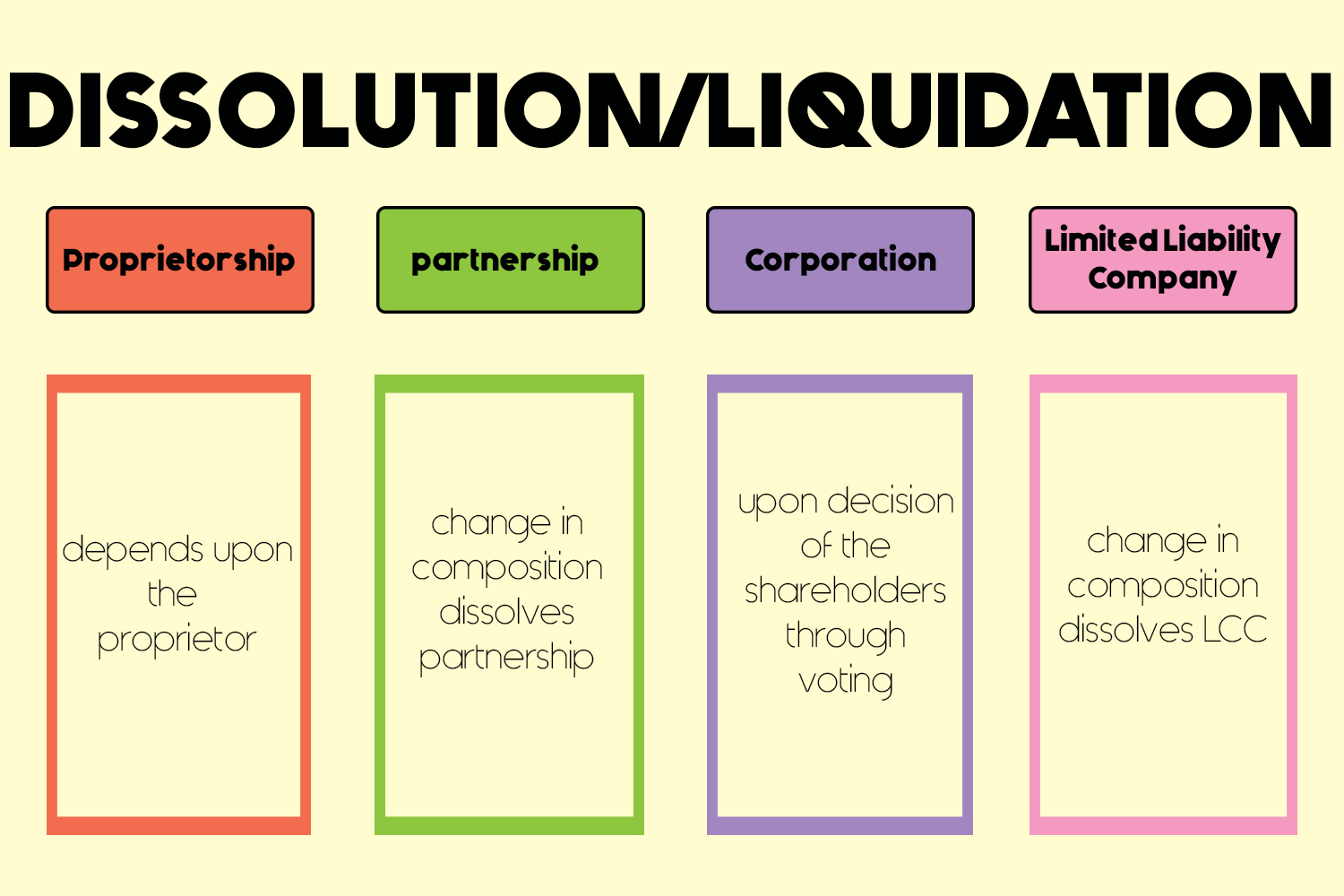Navigating Staff Payments: If a Company Goes Into Administration, Do Administration Staff Still Get Their Wages?
Navigating Staff Payments: If a Company Goes Into Administration, Do Administration Staff Still Get Their Wages?
Blog Article
Business Insolvency Company
7 Preswich Avenue, Leigh, WN7 1RZ
0333 567 1686
Comprehending the Consequences of Company Liquidation on Staff Member Retention and Perks

Influence On Job Security
In case of company liquidation, the influence on job safety can be considerable for workers as uncertainty pertaining to future employment emerges. When a business enters into liquidation, employees encounter the challenging prospect of prospective work loss. This unpredictability can lead to increased tension and anxiety amongst the workforce, impacting their morale and efficiency.
During the liquidation procedure, employees might experience a variety of feelings, consisting of worry, rage, and disappointment, as they face the opportunity of joblessness. The lack of quality bordering the timeline of the liquidation and the fate of their settings can produce a feeling of instability within the labor force.
Moreover, workers may likewise be worried concerning the status of their benefits, such as medical care coverage, retirement, and paid pause, during and after the liquidation process. The prospective loss of these benefits includes another layer of complexity to an already difficult scenario for staff members.
Changes in Worker Conveniences

One typical change is the decrease or elimination of certain benefits to cut prices and settle arrearages. For example, employer payments to retirement may stop, leaving staff members to shoulder the full obligation of saving for their future. Health care benefits may be scaled back, resulting in greater out-of-pocket expenses for clinical solutions.
Communication comes to be paramount during this period of transition. Employers must be clear about the changes, providing clear descriptions and aid to help employees browse via the modifications. Open up discussion and assistance can aid reduce anxiousness and unpredictability amongst the labor force, fostering an extra favorable transition experience in spite of the tough situations.
Retention Methods Post-Liquidation
Adhering to the firm liquidation, implementing effective retention strategies is important to securing business ability and keeping security within the labor force. In times of unpredictability, employees might really feel anxious concerning their future job safety and be a lot more likely to seek alternate employment possibility. To reduce this threat, firms need to concentrate on open interaction, providing transparency regarding the firm's situation, and offering support to staff members throughout the shift period.
One key retention approach post-liquidation is to prioritize staff member wellness and spirits. Furthermore, supplying occupation development possibilities and upskilling programs can increase worker inspiration and engagement during tough times.
Moreover, developing a clear profession development path and setting reasonable objectives can provide workers an orientation and function within the company (administration staff). By investing in staff member development and actively including them in decision-making procedures, organizations can enhance staff member retention prices and build a durable labor force post-liquidation
Legal Civil Liberty and Protections
During the after-effects of firm liquidation, it is crucial to address the lawful rights and protections available to workers to make sure a reasonable and certified procedure. Employees facing job loss because of liquidation have actually certain civil liberties guarded by work regulations. These civil liberties consist of privileges to unpaid salaries, severance pay if appropriate, and accrued getaway or authorized leave payouts. It is critical for staff members to recognize these legal rights and look for legal guidance if needed to navigate visit the site the complexities of the liquidation process.
Additionally, in instances where a business goes into liquidation, workers are often considered special creditors, providing them higher priority in getting exceptional settlements over other creditors. This security helps focus on working out staff member claims prior to other monetary obligations are satisfied. Moreover, legal safeguards exist to stop unjust terminations during liquidation, making certain that terminations are executed according to developed labor laws. Understanding these lawful civil liberties and protections is essential for staff members to protect their interests and seek ideal recourse in the event of business liquidation.
Dealing With Financial Unpredictability
Browsing Bonuses financial unpredictability can be a complicated challenge for employees affected by company liquidation. The abrupt loss of earnings, benefits, and task security can substantially interfere with people' financial security. Throughout such times, it is vital for workers to evaluate their present monetary situation reasonably. Producing a detailed budget plan that prioritizes important expenses can help in managing immediate economic demands. Furthermore, exploring offered federal government support programs, such as unemployment advantages or retraining possibilities, can supply some relief.
Seeking economic counseling or advice from experts can supply important understandings into handling financial obligations, reorganizing financial commitments, and preparing for the future. It is essential for staff members to stay notified concerning their privileges, such as severance packages or impressive payments, to ensure they obtain what they are owed. Moreover, thinking about different employment choices or gig opportunities can aid bridge economic voids during this transitional duration. By proactively attending to economic obstacles, employees can browse through the unpredictability brought on by business liquidation with higher strength and preparedness.
Conclusion
In conclusion, business liquidation can have substantial effects on employee job safety and security, benefits, and overall health. Comprehending legal civil liberties and securities can help alleviate the impact of liquidation on staff members.
When a business faces liquidation, the destiny of its employees hangs in the equilibrium, raising critical inquiries regarding task safety and security, advantages, and long-lasting security. The impact of firm liquidation on worker retention and advantages is a diverse concern that demands a more detailed evaluation to comprehend the full range of its effects.
Navigating economic uncertainty can be a daunting difficulty for staff members impacted by business liquidation. By proactively attending to economic difficulties, staff members can browse through the unpredictability created by company liquidation with original site higher strength and readiness.

Report this page